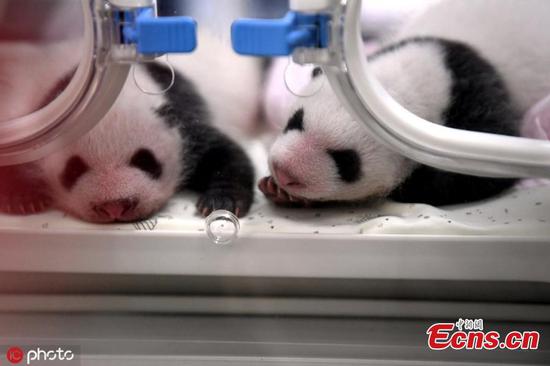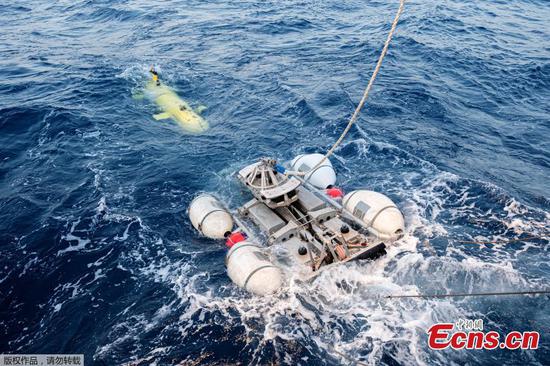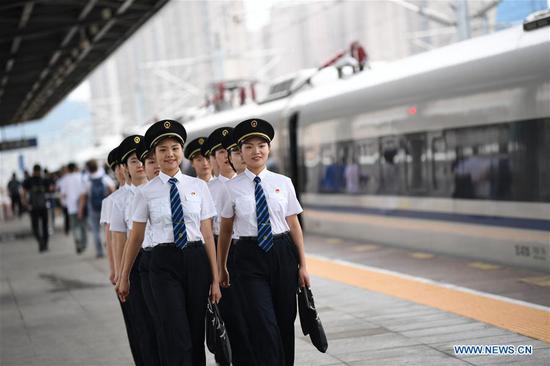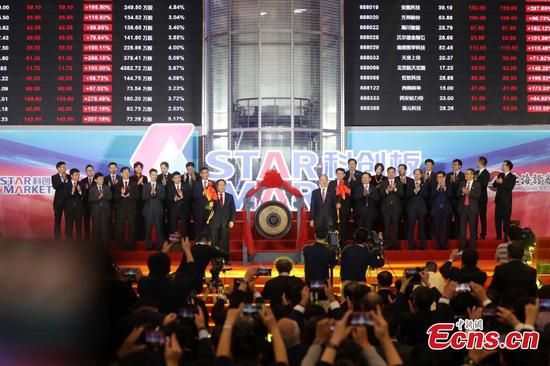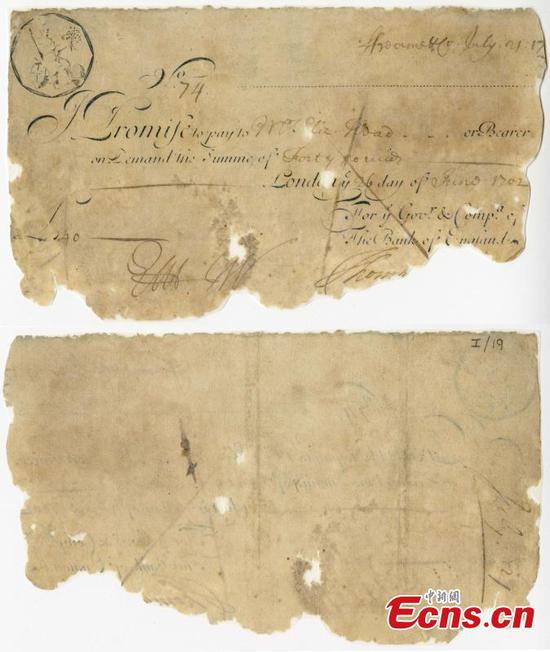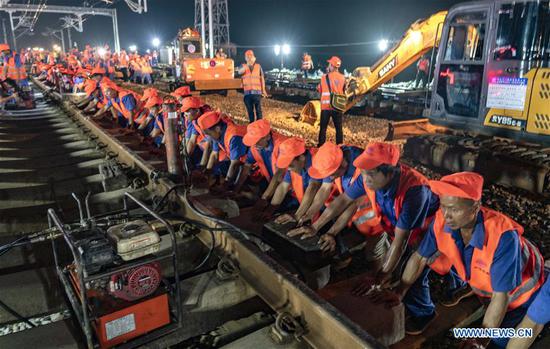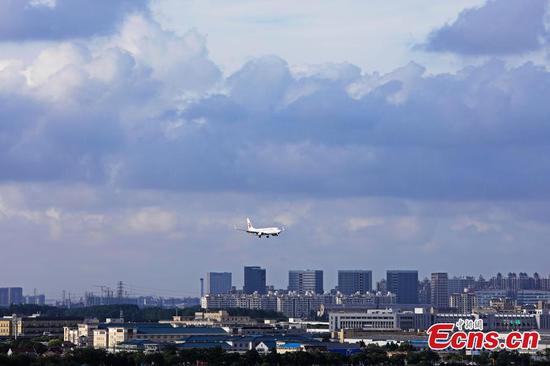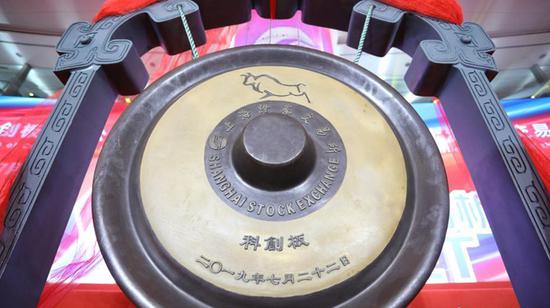China's sci-tech innovation board (STAR) will not drain large amounts of funds from other domestic boards as the turnover at the new board accounted for a small proportion in combined trading volume of the A-share market, the Shanghai Securities News reported Tuesday.
The 48.5-billion-yuan (about 7.06 billion U.S. dollars) trading volume, reported by the first batch of 25 firms that debuted at the new board on their first trading day, is less than 10 percent of the combined turnover in China's A-share market, said the newspaper.
Due to a relatively high turnover rate, the STAR market may exert some impact on other boards in the short run, but the effect would be minimal as investors eligible to trade on the board were only about 14 percent of the total number of investors, according to Zhan Yuyin, chairman of E Fund, an asset management company.
Individual investors who have a stock account balance of no less than 500,000 yuan and more than 24 months' experience of securities trading are qualified to buy STAR stocks.
In the long term, the establishment of the STAR market will attract more investors and capital to invest in the A-share market and help enhance market vitality and resilience by increasing the number of premium listed firms, said Zhan.
At the same time, the medium and long-term trend of the market will not change as investors will gradually turn to the fundamentals of the listed firms when evaluating stocks, according to Chen Li, a researcher with Chuancai Securities.
In addition, the robust performance of the STAR market as a new strategic board is likely to lift evaluation of related sectors in the A-share market, including electronics, bio-medicine and new materials, according to Chen.










